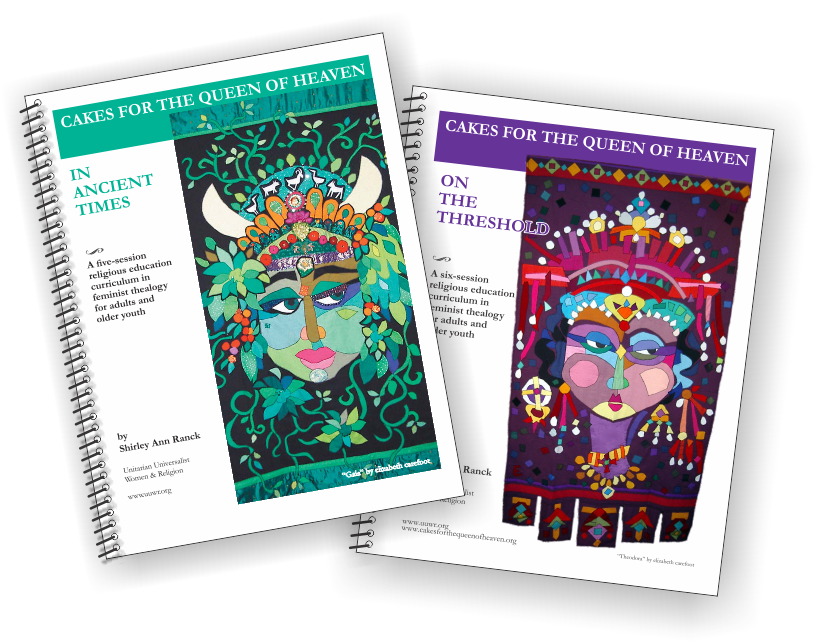Margaret Fuller’s 201st Birthday Celebration, 13 West St., Boston 5/25/2011
Introduction of Prof. Phyllis Cole, by Megan Marshall
Writing is a famously lonely occupation. Researching, the stage that comes be forewriting if you are a biographer or a literary critic of the sort who likes to work from authors’manuscripts, can be even more so. You travel from library to archive in one city after the next, or maybe to the same city over and over again, only to sit in the silent company of others very much like you, but each of them inhabiting entirely different mental spaces as they pore over letters and diaries and manuscript drafts written by other hands in other eras. It can make you terribly aware of the obsessive nature of the quest that has brought you to this work table, with your sharpened pencil or portable computer, and of the frightening arbitrariness of your particular passion. And you haven’t even begun to write your book yet!
When I started to research The Peabody Sisters in 1985, I was lucky to be introduced early on to Phyllis Cole, who was living in Concord at the time. She had already spent countless months–even years–deciphering the manuscript diary of Mary Moody Emerson, the woman who made Ralph Waldo the man everyone loves to quote, that Phyllis had discovered in Harvard’sHoughton Library. (I heard Waldo quoted just yesterday on the radio broadcast from Harvard’s Baccalaureate ceremony–“I am part or particle of God”–Phyllis could recite the rest.)
Phyllis and I had both, in fact, already logged many lonely hours in archives, and so when it turned out that we both had business at the American Antiquarian Society in Worcester–our subjects had mutual friends in the Gage family, whose papers were housed there–we decided to go together.
I don’t remember that either of us really thought we’d find much of anything, but a shared research trip would ease the loneliness of our separate endeavors. In retrospect, it seems almost as if our being there together activated some kind of magic–or, as Margaret Fuller would say,“magnetic element.” It wasn’t long before I realized that the sheaf of papers I was reading, that had been described in the catalog cards only hazily as possibly a fragment of a journal by Elizabeth Peabody, was actually Peabody’s detailed record of Margaret Fuller’s first series of Conversations. I couldn’t believe it. We couldn’t believe it. For over a century people had been wondering, what did Margaret Fuller actually say in her Conversations with women–what did the women say? Here it was, all written down.
What you won’t believe, is that Phyllis and I, fully realizing what a remarkable treasure this document was, looked at each other and said–“We don’t have time for Margaret Fuller now.” We were committed to our separate lonely endeavors, and we went back to them, each of us eventually producing books, worthy ones, I hope. Phyllis knew Nancy Craig Simmons, another scholar of the period, and put her on to the manuscript, which Nancy edited and published inStudies in the American Renaissance, 1994, so that other scholars and biographers could use the information, and they have.
I want to read a brief passage from this document, from the opening Conversation in the fall of 1839–just as a reminder of Fuller’s generous-hearted aims. She really didn’t, or at least said she didn’t, want to be the center of attention: “Miss Fuller guarded against the idea that she was to teach any thing. She merely meant to be the nucleus of conversation– . . . & she proposed to be one to give her own best thoughts on any subject that was named, as a means of calling out the thoughts of others. [These subjects turned out to be large issues, such as the nature of inspiration, of beauty, of genius, of woman’s place insociety.] She thought it would be a good plan to take up subjects on which we knew words–& had impressions, & vague irregular notions, & compel ourselves to define those words, to turn these impressions into thoughts, & to systematise these thoughts– We should probably have to go through some mortification in finding how much less we knew than we thought–& on the other hand we should probably find ourselves encouraged by seeing how much & how rapidly we should gain by making a simple & clear effort for expression.” How much and how rapidly we should gain by making a simple & clear effort for expression. It’s a phrase that every writer should take to heart, and certainly I do.
Well, the wonder of it now is– the magic that brought Phyllis and me to Worcester twenty-five years ago seems to have been slowly working on both of us, bringing us together again, if not in the same part of the country, then in the same mental space–Margaret Fuller’s space. And of course here we are tonight in a space that Margaret Fuller herself once occupied.
Maybe not so much has changed. In the 1840s, there was a stable across the street–now we have Suffolk University dorms! But here we are in the very space where many of Fuller’s inspiring Conversations took place, to celebrate her 201st, and to celebrate the completion of a full year of bicentennial events, by listening to some of Prof. Phyllis Cole’s thoughts on the birthday woman.
After completing her monumental biography Mary Moody Emerson and the Origins of Transcendentalism, which was a finalist for the James Russell Lowell Prize of the Modern Language Association, Prof. Cole of Penn State Brandywine, where she teaches in the English, Women’s Studies, and American Studies departments, has been working on Margaret Fuller for about twelve years–or maybe longer if you count back to that AAS discovery. She is currently the Vice President of the Margaret Fuller Society, and has been awarded a fellowship for the coming academic year at the University of Connecticut Humanities Institute to work on a book with the brilliant title– The Afterlife of Margaret Fuller.











